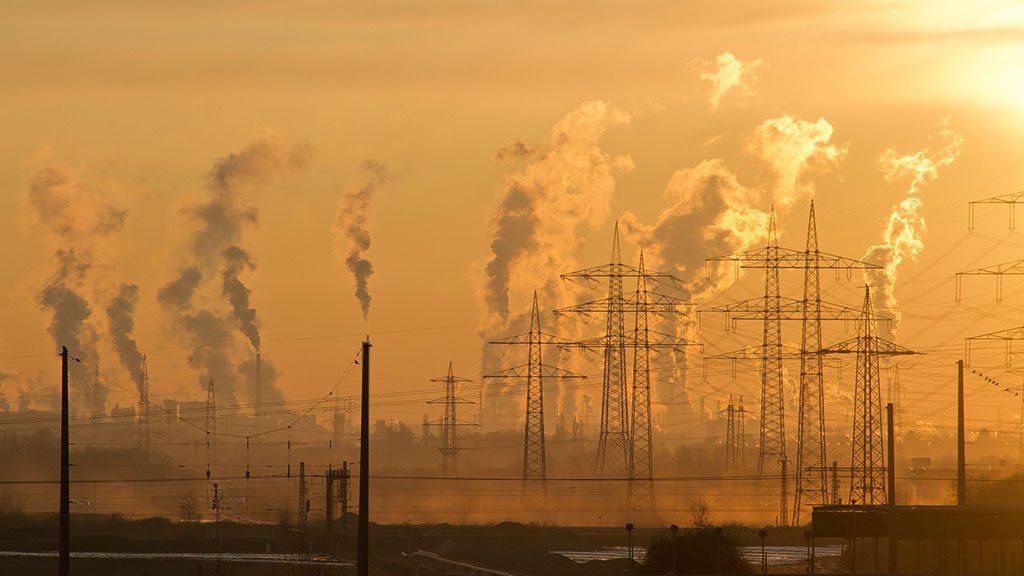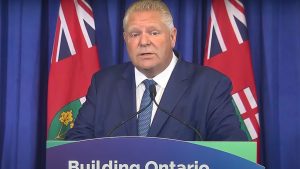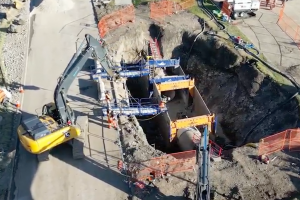TORONTO—A new report released by the Ontario Energy Association (OEA), , transitioning Ontario’s energy system to net zero, provides options to achieve net zero emissions by 2050 and calls for a comprehensive energy strategy for the province.
The report reviews various elements of the province’s energy system and the options available to achieve Canada’s goal of net zero emissions of greenhouse gases by 2050 (NZ2050), a goal OEA is committed to as well.
The report indicates transitioning Ontario’s energy system to net zero will encompass one of the largest infrastructure projects in the province’s history.
The analysis in the report indicates the path to NZ2050 requires Ontario “to turn its policy focus to energy use more broadly, in contrast with the historic focus on electricity, and to focus on emissions related to fossil fuel use going forward which makes up 80 per cent of the company’s energy consumption.”
The report also found the following:
– Ontario should make transportation fuel switching its highest priority because the transportation sector is the largest source of emissions and the easiest to decarbonize with existing technology while still maintaining affordability.
– Replacing Ontario’s natural gas system, which heats homes and buildings, would not be practical given the volume of peak energy this system delivers. Policies for homes and buildings should focus on reducing GHG emissions intensity through things like renewable natural gas, hydrogen blending, hybrid heating systems and energy efficiency initiatives.
– The need for a comprehensive energy strategy for Ontario that considers all fuels and maps a pathway to net zero 2050. The OEA would like to see the federal and Ontario governments work collaboratively on a detailed and comprehensive energy plan for Ontario.
“The OEA supports the goal of achieving net zero GHG emissions by 2050,” said Vince Brescia, president and CEO of the OEA, in a statement. “However, to reach the net zero 2050 goal we must approach the issue holistically. It is important to redirect focus to the entire energy system to support a detailed and realistic analyses of the pathways, potential technologies and costs to ensure our success. With careful, transparent and fully informed planning we can make prudent choices to meet climate goals, minimize disruption to people’s lives, and maintain an affordable and reliable energy supply for our customers.”
For more information visit .











Recent Comments
comments for this post are closed